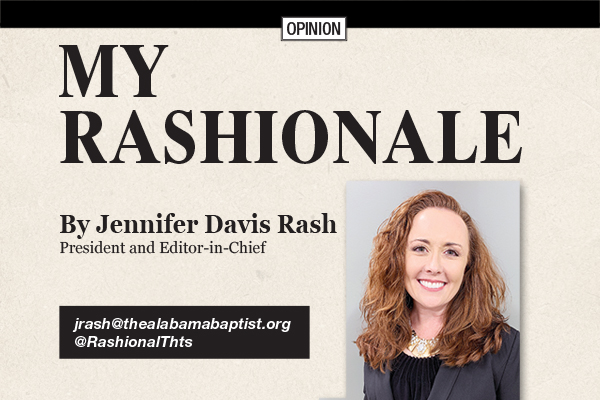Full disclosure, “all cards on the table” discussions always work best and definitely end better for all parties involved. The alternative actually shows disrespect to the others involved even if we don’t mean for it to do so.
In his Nov. 14 post-game press conference, Cleveland Browns head coach Freddie Kitchens called out a reporter for not being clear.
Kitchens shook off the convoluted question about defensive end Myles Garrett’s helmet attack on Pittsburgh Steelers quarterback Mason Rudolph and asked for a straight-up question.
“Just ask me point blank what you’re asking,” he said.
Kitchens’ response made me think of the times I’ve confused people because I added too many extra details rather than zeroing in on the main point.
I’ve also started asking people to rephrase their questions when I’m not absolutely confident in what they are asking so I avoid causing unnecessary confusion with my answer.
Many times it comes down to trying to explain too much in our comments and questions, but other times we dance around what we are trying to ask or share if the topic is uncomfortable for some reason.
But think about it from the various vantage points — yours, the other person/people and the overall result which spills over to affect countless others.
If any of the people involved in the discussion have difficulty with clarity or decide to hold back information or concerns then the potential for wasted time and effort, future frustrations and even possible problems rises significantly.
If we don’t take the opportunity to share transparently during the discussion phase of making decisions, then we could have pent-up, unresolved issues that will likely come out later in unproductive venting or through a lack of energy and enthusiasm.
Another reason to choose clarity over roundabout suggestions is to ensure everyone can trust what is being stated.
Have you ever interacted with someone who played games and you had to attempt to read between the lines to grasp the full meaning or expectation?
It’s much less stressful to interact with people who say what they mean and mean what they say — even if they do come across a bit harsh at times.
Of course improvements can be made there as well with a deep breath, softer voice level and gentler tone.
If someone is known for his or her sharp responses then many times others will avoid being on the receiving end of those responses which may mean not sharing fully and clearly.
Others who hold back may fear rejection or assume the person can’t handle all the details and in an attempt to protect the person’s feelings restrict details.
And then there’s the common situation where we self-diagnose the reasoning behind a comment, decision or action based on partial information.
The guessing game ends, however, when we show mutual respect by clearly sharing the full truth with each other.






Share with others: